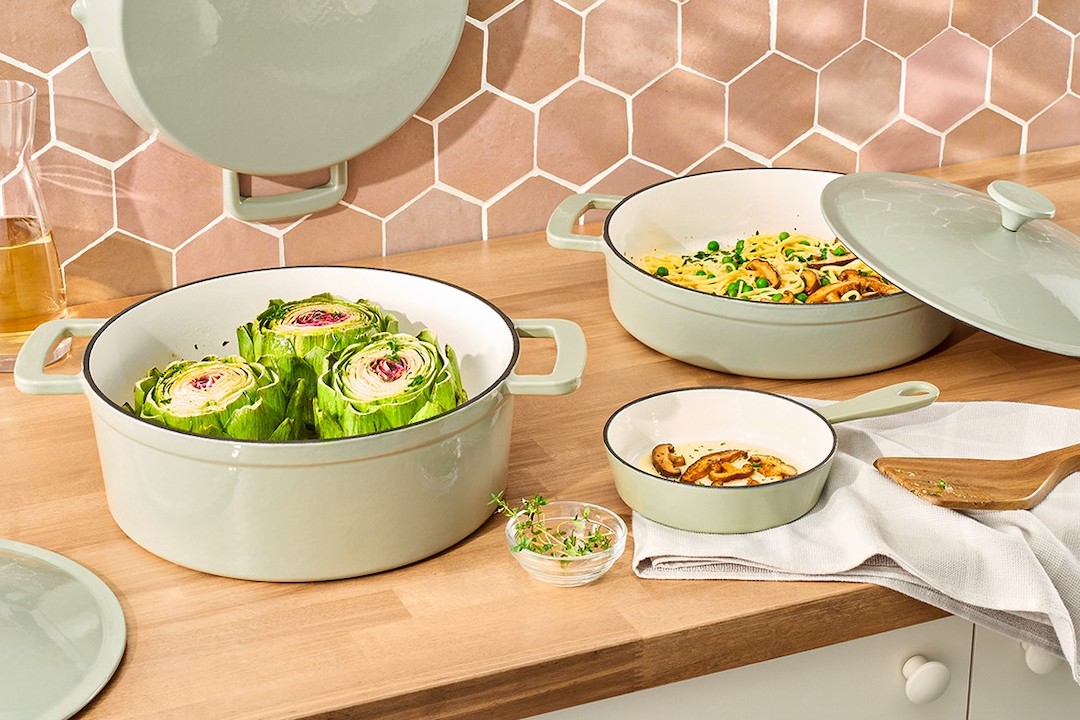The good, the bad, and the deadly…
Well… deadly may be a bit of a stretch. However, there are major health concerns in the creation and the use of nonstick cookware such as teflon. Teflon workers have described respiratory problems such as shortening of breath and chest pain. In rare cases, workers have reported acute pulmonary edema, which is potentially fatal. Users of Teflon are not safe from their toxic properties. Teflon products will inevitably break down even if you follow the directions such as only cooking on low heat or not using metal utensils. This means that every time you cook with Teflon, you could be ingesting particles that get stuck in your body and cannot be broken down. There is a lack of research to show the long-term effects of these forever particles, but I would prefer not to not risk anything.
Safer options:
The safest options shouldn’t contain any PFAs or PFOAs (nonstick chemicals)

Stainless Steel
Pros: – Can be cooked on high heat – Long lasting – Usually dishwasher safe
Cons: – Adjustment period if you’ve never cooked with stainless steel, is not naturally nonstick, requires more oil than other materials
I like to use stainless steel for anything that needs to be cooked on high heat such as boiling water for pasta.

Ceramic Cookware
Pros: – Naturally nonstick – Durable – Long lasting
Cons: – Can be difficult to find 100% ceramic cookware – Requires research before purchasing to ensure it is PFA & PFO free – Low/Medium heat only
Ceramic cookware is my favorite toxin-free cookware. You can use ceramic cookware for just about anything such as sautéing protein. Just keep in mind that most ceramic cookware cannot be cooked on high heat.

Cast Iron / Enameled Cast Iron
Pros: – High heat – Nonstick – Durable – Retains heat – Oven safe
Cons: – Heavy – Hard to clean – Must be seasoned to keep nonstick – Iron leaching when cooking acidic foods
Cast Iron can be a great option for cooking proteins like steak on high heat and creating a proper sear. Enameled cast iron is a great option to avoid the rusting of cast iron. This type of cast iron is often seen in products such as a Dutch Oven, but you can also find enamled cast iron in other forms like skillets and pots.
Check out my recommendations by clicking HERE!
I hope you found this helpful and can use it as a guide in selecting your new cookware. The main thing I want you to take away from this is that you should research anything labeled as “nonstick” and ensure it is PFAS and PFOA-free and avoid any product made with Teflon!
